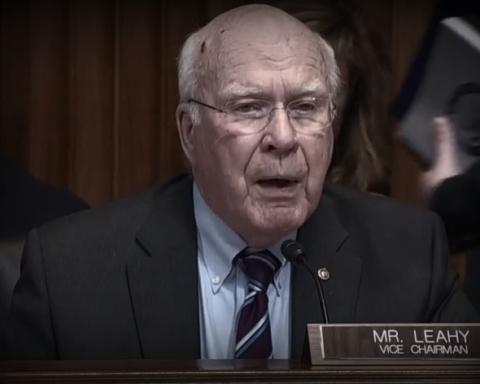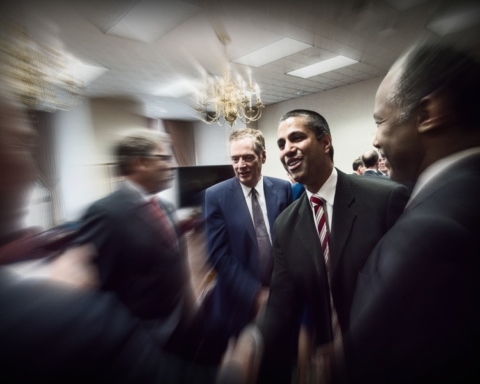Companies are likely to change the way their customers pay for internet service in the future, which could hinder access, innovation and network security, the Government Accountability Office warned on Tuesday.
The GAO criticized the FCC for a “lack of understanding” on the issue, and said that regulatory inaction could harm the public.
What has the GAO concerned is a move by internet service providers to change the way it bills to usage-based pricing or UBP. While most mobile internet consumers face usage based pricing on their cell phones and other devices, household internet customers generally pay for unlimited internet access.
But things are changing. The GAO interviewed the top 13 fixed internet providers and found that seven are now using UBP “to some extent.” Two others are considering adopting it in the future.
Consumers could be constantly unprepared as a result. Mobile customers on UBP plans told the GAO that they often had difficulty tracking their monthly usage and were unclear about what activities used the most data.
GAO found that, for the most part, customers adapted to mobile UBP by reducing internet activity and relying more on Wi-Fi connections. But, “such adoption may not be so easy for fixed access,” the report stated. In-home internet users are often completely unaware of how much data they use and rely on larger applications to stream video and other online services. The GAO also noted that, unlike mobile consumers who use Wi-Fi connection to avoid higher costs, home customers don’t have a “similar option.”
“Fixed UBP may negatively affect students, people working from home, and those with lower socio-economic status,” the GAO said, relaying concerns from interviewed consumers.
The report also touched on start-ups and innovators being forced to “ration their data” in response to UBP., The practice could result in individuals foregoing necessary security updates, the report warned.
Providers responded by saying the practice is about fairness and offering more choices for consumers who don’t use very much data. One company interviewed by the GAO said “UBP can be used to ensure that heavier users contribute more to those costs than lighter users.”
But GAO referenced other research showing that absent congestion, “one person’s use of the Internet does not interfere with other users.”
And although UBP pricing would give customers more choice of pricing plans, the GAO said that without more competition in the fixed internet market, providers could use UBP to raise prices, reduce access to content, and increase profits.
The GAO called on the FCC to work with fixed providers on a “voluntary code of conduct” to improve communication with customers regarding data use and pricing.
The office also said the FCC must do a better job collecting data on the increased prevalence of UBP. “Without this market knowledge, FCC would not necessarily be able to take appropriate action if UBP is being used in a way that is harmful to consumers,” the GAO warned.
The FCC responded to the GAO’s findings by saying that it would take no action because consumer complaints about fixed UBP “appear to be small relative to the number of complaints about fixed broadband services generally.”





